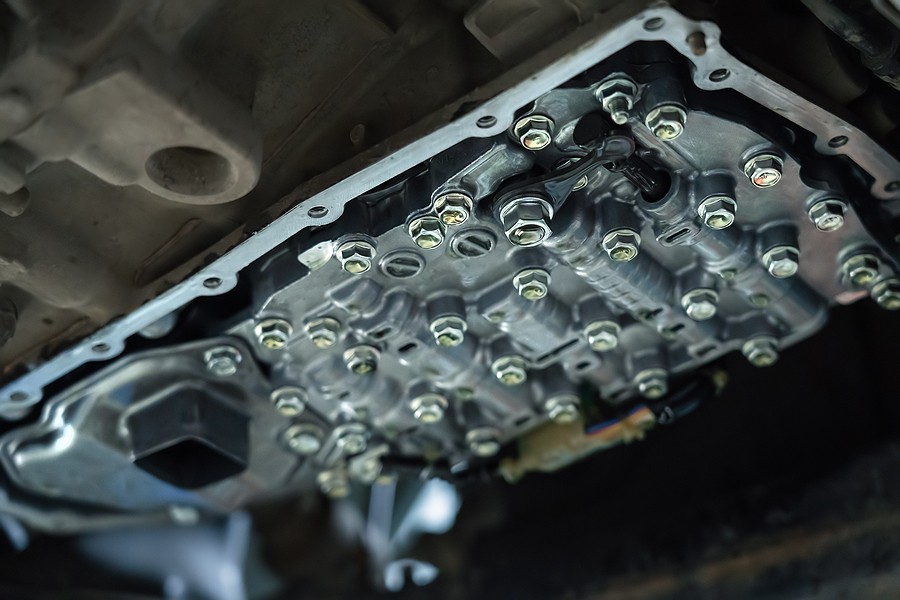You may not realize it, but your transmission is one of the most important parts of your car. It's probably the most important part that you don't see. It does all the hard work to make sure your engine can smoothly turn gears to move you down the road.
Your transmission is what allows you to accelerate up hills and brake on flat ground without making a lot of noise or shaking around in your seat. That means if something goes wrong with it, life gets really difficult for everyone involved – including whoever has to drive!
One of the different ways to fix the transmission is to perform what's known as “transmission rebuild.” However, when exactly you're recommended to do a transmission rebuild?
This article provides you with 10 reasons you'll want a transmission rebuild.
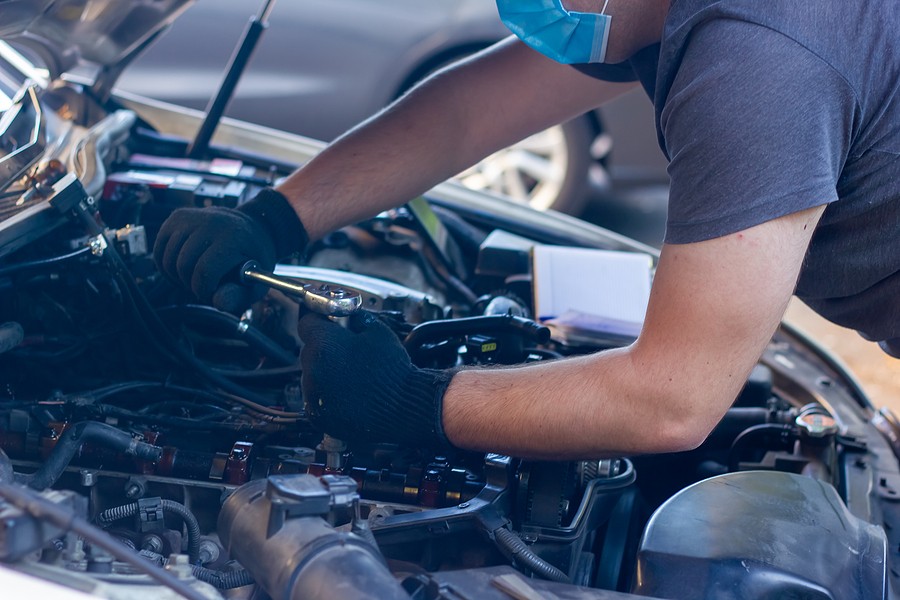
What is the transmission, and what does it do?
The transmission is the part of your engine that sends power from the engine to move your car. It's like a series of super-fast gears that help your car develop momentum at higher speeds.
It uses different gear ratios to increase or decrease speed as needed. So your first and second gears might only allow for moderate acceleration, for example, while the fifth gear will allow you to hit highway speeds without shifting.
The transmission also includes the clutch and other parts that move the gears up and down. Unfortunately, this part of the engine takes a lot of pressure, so it can't be repaired with any parts or tools – only the pros should attempt to rebuild a transmission.
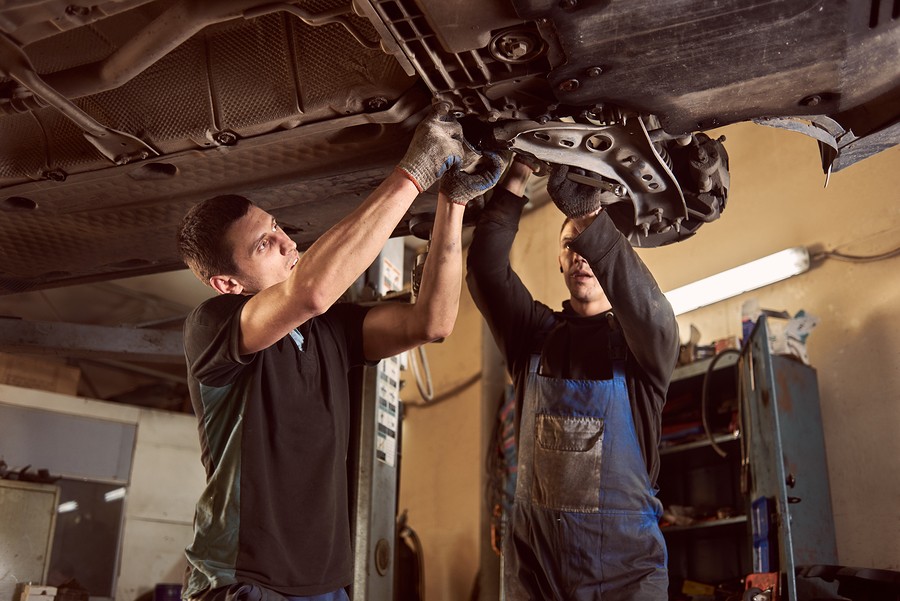
What is transmission rebuild?
A transmission rebuild is a process where all of your transmission components are replaced. This can include internal gears, synchronizer, oil seals, and gaskets.
Some of these parts need to be replaced in certain situations when you have car trouble or when you're getting maintenance done on your engine. Other times though, it's just a good idea to get a transmission rebuild when you're doing routine maintenance.
Professional mechanics usually suggest performing this kind of service every 75,000 miles. Other people choose to do it when they notice their car isn't shifting as smoothly anymore, and they want peace of mind in knowing that everything's working.
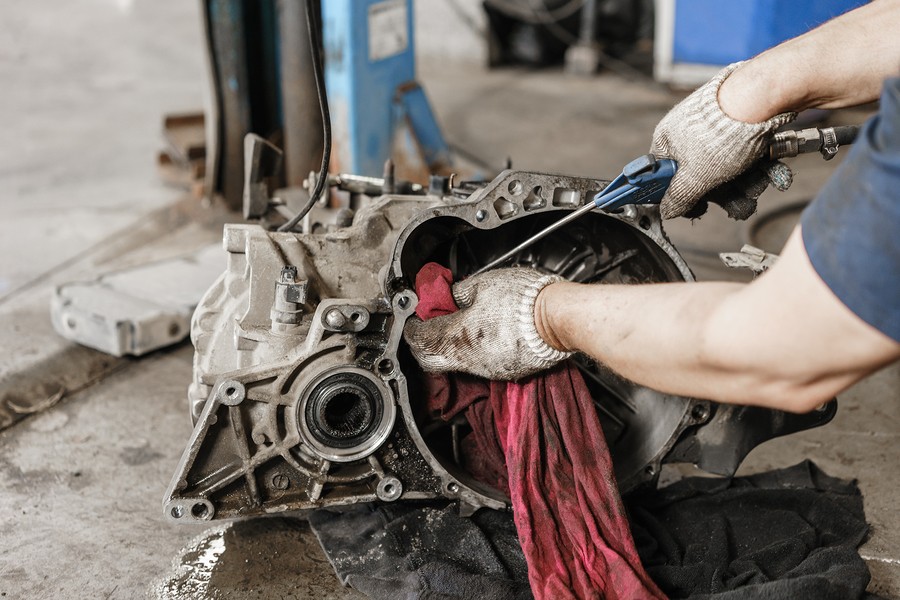
Ten reasons you'll want a transmission rebuild
transmission rebuild is good preventative maintenance to fix transmission problems. let's take a look at the ten reasons you'll want a transmission rebuild:
1. Prevent future problems
It's always a good idea to perform preventative maintenance like this on any part of your car. This is because you get the opportunity to get all the parts working together and make sure everything is properly connected before an issue arises.
2. Improve gas mileage
Having a smooth-running engine will help improve gas mileage, saving you money and lowering the negative environmental impact of driving. This is especially important for hybrids and other vehicles with engines that can't run unless moving at a certain speed.
3. Smoother rides
A smoother-running engine also means a smoother ride overall – whether you're going 125 mph or just sitting in traffic. It's a lot more pleasant to sit there knowing everything is working as it should be instead of constantly worrying that something might go wrong.
4. Increase your safety
Finally, improved gas mileage will help increase safety on the road because you'll spend less time behind the wheel and avoid getting pulled over by police for speeding near intersections, school zones, etc. You may save money from reduced traffic tickets, too!
5. No major adjustments are required
Having your transmission rebuilt means you shouldn't need to make any major adjustments like relocating the car's entire engine or adding a special part that can be worn out easily.
6. Works with all types of vehicles
Whether you have an old school vehicle or a hybrid machine, a good transmission rebuild should last a long time and always work as it should – even in different kinds of weather conditions. 7. Peace of mind knowing everything is working properly. If you ever have any doubts about the condition of your engine, look no further than getting your transmission rebuilt. It's the most thorough way to discover any problems with transportation and ensure that everything is operating as it should be.
8. Less wear and tear on your car's engine
This is key to keeping everything running smoothly, prolonging the life of your car, and saving you money in the long run.
9. Customization
You can get exactly what you need out of a rebuild by customizing it yourself using different parts like catalytic converters and oil filters depending on the type of vehicle you're driving and how much gas mileage matters to you.
10. Get back on the road faster
You shouldn't have to take too much time off from work or school for this service unless there's a serious problem with your car. The average job usually takes 1-2 days and costs between $500 and $2500 depending upon where you live and other factors.
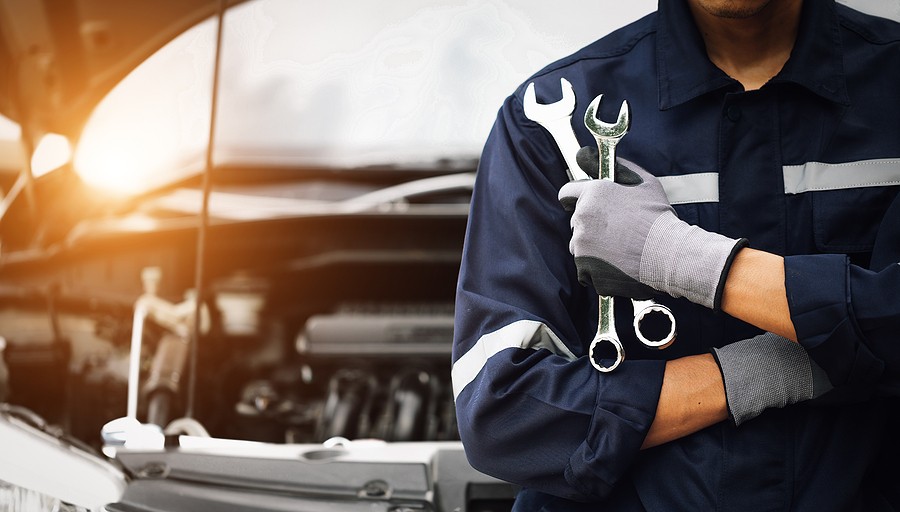
When is a transmission rebuild not recommended?
although transmission rebuild is a great solution to many major transmission problems, there are instances where it's not recommended, including:
1. you have too many accumulated miles
One of the first and most common situations where transmission rebuild is not recommended as a solution is if you have too many accumulated miles.
Typically, the lifespan of your transmission is around 100,000-150,000 miles. If you've gone over that limit for your make and model of car or truck, then it may be time to replace your transmission instead of rebuilding it.
2. you're already paying too much to keep your current car running
If you've been experiencing different problems – from engine issues to transmission problems – and the mechanic tells you one more issue could make things very expensive for you, then simply rebuilding your old transmission may not be worth it. In this case, it's better to invest in a new vehicle that won't cost as much money overall for maintenance and repairs.
3. the quality of parts used is low
Transmissions are designed to last 100,000-150,000 miles, but they can only do that if all their parts are made with high-quality materials that function well together over time without breaking down or wearing out. If the parts in your rebuild are of lesser quality, they won't last as long, and you'll end up spending more money on them in the end.
4. you've had another car manufacturer's transmission rebuilt before
Even though some transmissions are interchangeable between manufacturers, it doesn't mean that all are alike. If your transmission was originally built by one company, but then you get it “rebuilt” by a different company, there's no guarantee it will work properly afterward or even at all! So don't do this if possible!
5. your vehicle isn't worth the cost of rebuilding
Finally, when buying yourself a new vehicle is less expensive than rebuilding your old one, fixing what isn't broken may not be wise. If your car is already working fine, and you'll end up spending much more money than the cost of buying a newer vehicle to rebuild it, then it's better to sell it as-is instead.
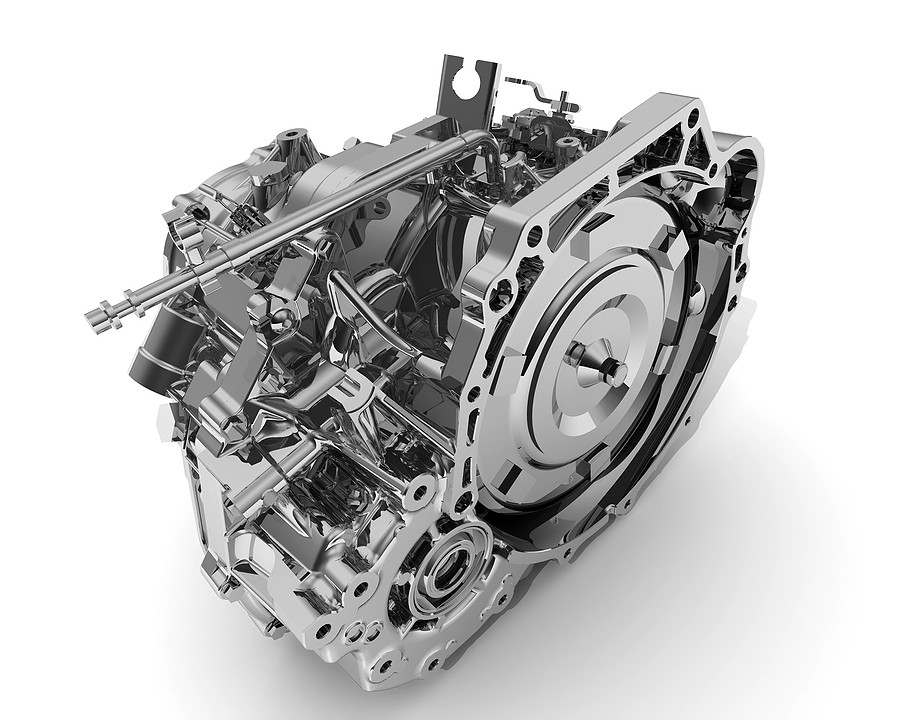
How much does transmission rebuild cost?
The price for a standard transmission rebuild is between $500 and $2500 depending upon the make and model of your car or truck, its age, how many miles there are on it, etc. The average job usually takes 1-2 days to complete, and you can't drive your car during this time. Hence, it's best to take all precautions possible, including finding overnight accommodations near the mechanic working on your vehicle.
Remember that transmission rebuild cost differs depending on your vehicle's type. For example, a classic car may cost more to rebuild than a regular sedan, and an electric vehicle may also require specific steps and parts that will affect the price.
Is it worth getting my transmission rebuilt?
The answer to this question is always subjective, but most people agree that rebuilding your old transmission is usually the best choice if you want your car running like new again. A new part can be very expensive and won't last as long, so why not go for a service that saves you money in the long run with better results?
Suppose there's one thing we can all agree on, though. In that case, it's how important preventive maintenance is throughout the life of our vehicles: whether it's checking your oil level regularly or simply looking under your hood every once in a while to make sure everything is working properly. Nothing looks like it's falling apart or worn out. It could save you money and even your life, so always take care of your vehicle!
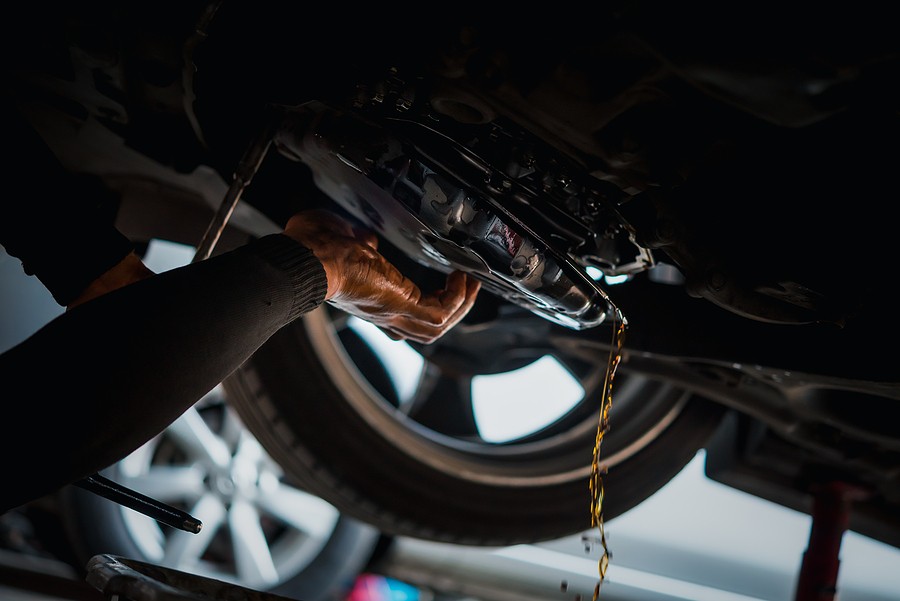
Transmission rebuild FAQs
this section will answer FAQs about transmission rebuild
1. Are there different grades of transmissions?
Yes, there are three types in general. They are Standard, Automatic, and. Standard transmissions are called “manual transmission” because you have to shift gears using a stick. Automatic transmissions do it for you; whereas. That means they require no shifting at all.
2. What is the difference between manual and automatic transmission?
Manual transmissions (also known as stick shifts) require you to use a clutch pedal that disengages the transmission's gear when you stop or go too slowly to change gears manually via a gear shifter. Most manual cars only have 3-4 speeds and aren't as smooth or efficient as automatics but can be more fun and fuel-efficient due to this reason.
Automatics make driving much easier with their AutoStick feature, which allows you to shift gears without using the clutch pedal. They are usually more fuel-efficient but have more gears than stick-shifts, so their speed can be controlled better.
3. What's the difference between a torque converter and a clutch?
Torque converters are an integral part of automatic transmissions, whereas clutches are found in manual cars only. A torque converter is a fluid coupling device that allows you to connect your engine with your transmission, so it has enough power to go.
They work by changing rotational speed through fluid resistance, much like how electric car brakes function when they're regenerative instead of mechanical. On the other hand, Clutches are what change gears for stick shifts. If you don't use one when shifting, you'll have to use the clutch pedal, so the gears don't grind.
How often should I have my transmission serviced?
Several signs indicate it's time for a transmission rebuild or service, but they're not always easy to spot. Sudden jerks or lurching while driving can be due to your car being out of alignment but could also be caused by your transmission being out of fluid.
Your engine warning light coming on is never a good sign and can usually mean at least one thing: some part needs servicing or replacing. Unfortunately, it could also mean that something is preventing the correct function of an emission-control system during normal operations – which means trouble!
Even if it does turn out to be some small fixable issue like an emissions sensor or bad spark plugs, it's good to get it checked. Since the only other indicator is when your car's transmission stops working, your best bet is to get a transmission service at the first sign of trouble and prevent major damage from occurring.
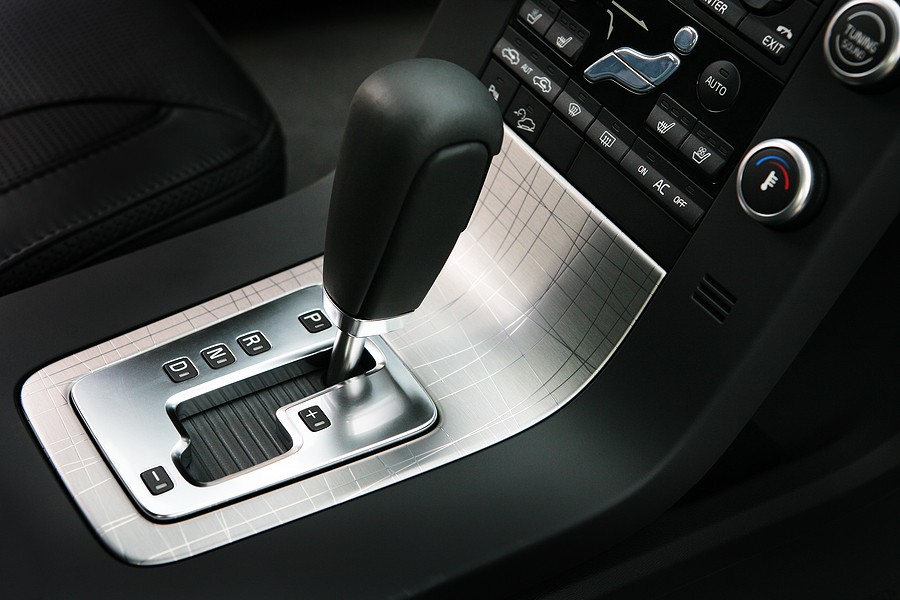
Reasons You'll Want a Transmission Rebuild: Conclusion
Transmission rebuilds can be expensive, but they're a necessary evil for car maintenance. You'll want to have one done every so often if you want your car to last longer and run smoothly – especially if you drive a lot or haul heavy loads.
That being said, there are plenty of reasons why you should consider getting a transmission rebuild rather than just fixing the issues as they come up. For one, it's usually cheaper in the long run to get a full rebuild than it is to keep paying for small repairs. Secondly, most transmission problems only get worse over time; by the time your car has stopped working altogether, the damage may be too extensive for a simple repair job.

